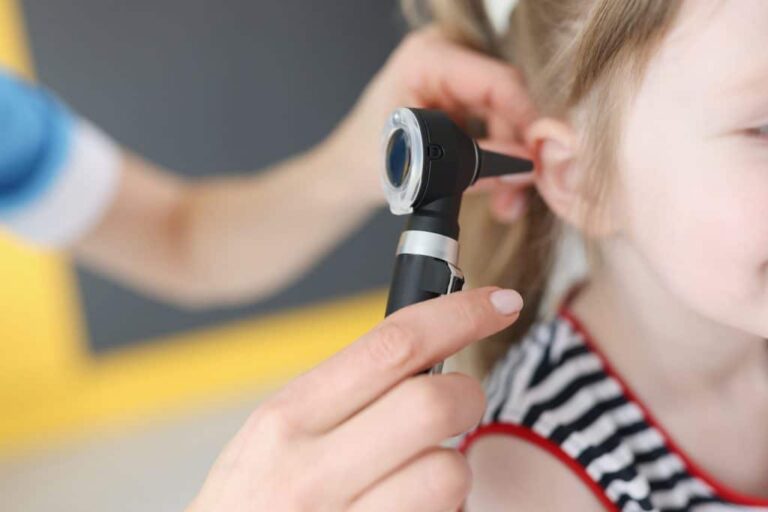Feeling Off-Balance? Try These Exercises
As you age, staying steady on your feet can become more difficult. Over one in four people aged 65 and older falls every year,...
Posted on May 27, 2022
EarGlue ear is a condition that occurs when the middle ear becomes filled with a thick, glue-like fluid. It’s much more common in children than adults because children’s Eustachian tubes are narrower.
While it often resolves on its own, it can sometimes have serious health repercussions if left untreated. In fact, glue ear is one of the most frequent infectious diseases in children and is the most common cause of acquired hearing loss in childhood.

It might be difficult to tell whether or not your child has glue ear, especially if it hasn’t turned into an infection. If your child has the condition, they may:
If they have developed an ear infection, they will likely have more significant pain, as well as a fever and possible fluid drainage from the ear.
Glue ear can have a number of different causes. Sometimes it’s because, as mentioned, children’s Eustachian tubes aren’t big enough, which leads to fluid buildup. Other causes that make glue ear more likely include:
If your child is exhibiting signs of glue ear, make an appointment for an ear exam. Their doctor will be able to see if they have fluid buildup and whether or not the ear has been infected. In many cases, they might just recommend watching and waiting, as glue ear often resolves itself.
However other treatment options may include:
If you have any concerns about your child’s hearing or ear health, call to schedule an appointment with one of our experts.
As you age, staying steady on your feet can become more difficult. Over one in four people aged 65 and older falls every year,...
Tinnitus, or ringing in the ears, affects quite a few Americans daily—about 15% of them, according to results from the recently released Apple Hearing...
Sleep is essential to your health and well-being, yet many people struggle to get their full eight hours. One often overlooked obstacle to a...
Summer is the perfect time to enjoy endless days of swimming. Wherever you choose to soak up the sun and enjoy the water, it’s...